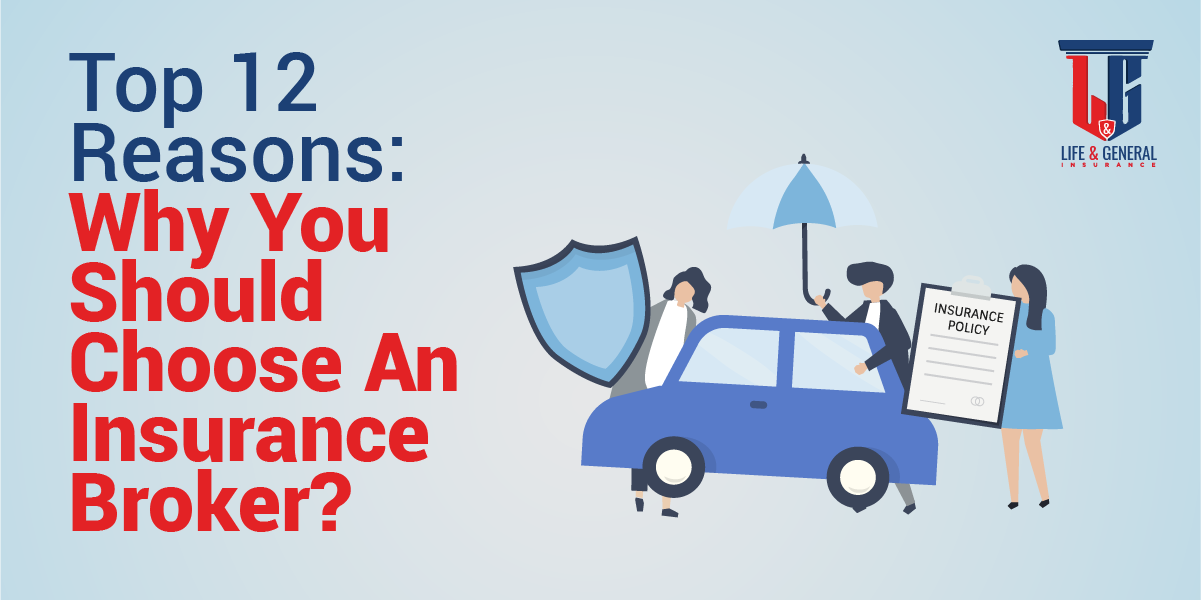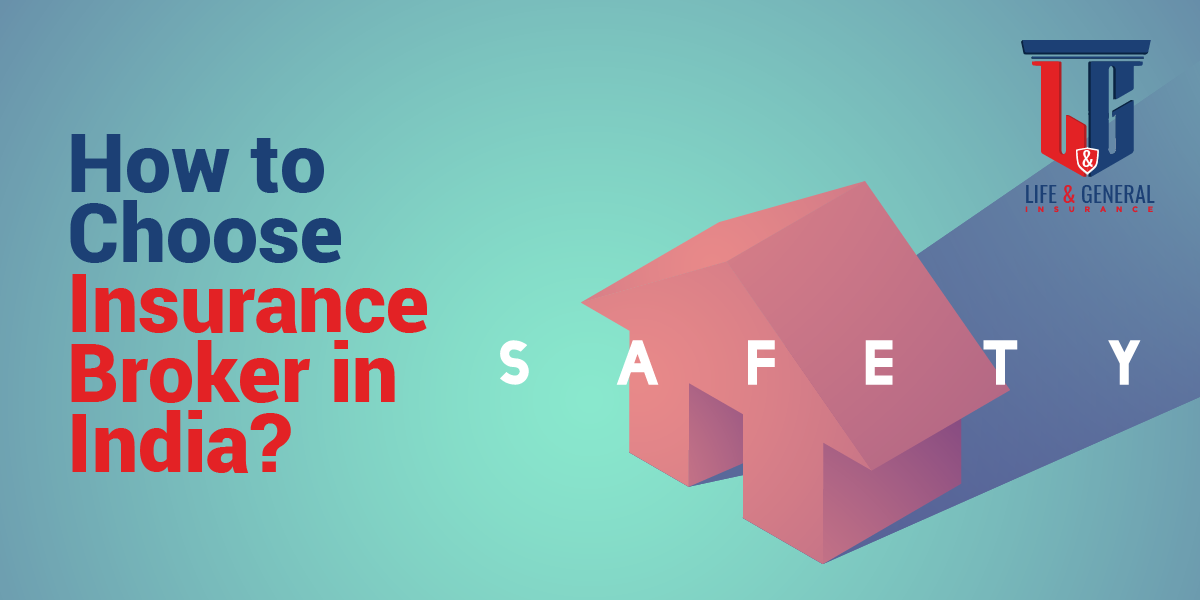Table of Contents
Unlike corporate professionals, teachers need to plan their retirement differently. Having said that, overall for every form of profession, individuals need to plan what their retirement looks like in a way that suits their lifestyle.
Here we will look at what are the best retirement plans for teachers.
What is Retirement Planning?
The concept of retirement planning is rather easy. Think of it as planning travel. You decide the dates, plan a budget, make all the arrangements so that you can have a comfortable vacation. Now apply the same concept to retirement. It is a way of managing and saving money over time, to make your retirement comfortable.
Retirement Planning for Teachers
Educators have an uncommon combination of prospective retirement income streams. You’re likely to be qualified for a defined-benefit pension plan as a teacher. You’ll usually have access to a defined contribution retirement plan whether you teach in a public or nonprofit private school.
Types of Retirement Plans for Teachers
1. Defined benefit plans
A defined-benefit plan (DBP) is an employer-sponsored plan that provides benefits depending on characteristics including length of service and salary history. Benefits can be paid out as a series of fixed monthly payments, similar to an annuity, or as a single lump-sum payout.
2. Defined contribution plans
A defined contribution (DC) plan, such as a 401(k) or 403(b), is a tax-deferred retirement plan in which workers contribute a specific sum or a percentage of their wages to an account designed to support their retirements.
Is a 401(k) or 403(b) Better for a Teacher?
401(k) and 403(b) plans are similar in that they are both defined-contribution retirement plans offered by businesses to their workers. The main distinction between the two is the sort of company that commonly sponsors them, as well as the investment possibilities available.
Employees of tax-exempt organisations, such as charity organisations and public schools, can participate in the 403(b) plan. Both tax-exempt and for-profit companies can participate in 401(k) programmes.
3 Things Teachers Need To Know About Retirement Planning
Here are the things that you need to know before you select any particular form of retirement.
1. How much will you need?
To figure out how much money will you need for your retirement, you need to first budget your lifestyle. Decide the approximate age at which you would like to retire and also understand the cost of living. TO decide on how much is required for your budget, you need to account for every expense you can foresee and additionally, add a contingency plan.
2. How much will come from your pension?
You need to know how much you may anticipate getting from your pension plan before you can figure out how much to save. The methods used by state programmes to compute your benefit may differ. Some are based on the number of years you’ve worked.
3. Where should you put your savings?
If your school district provides one, start with your 403(b). You may contribute up to Rs. 18,500 each year to the account, much like private-sector employees can in a 401(k) (k).
Some school districts may match your donations dollar for dollar. Even if yours doesn’t, a 403(b) plan provides benefits. Your taxable income for the year is reduced by any contribution you make. Furthermore, the money is removed from your paycheck automatically, so you don’t have the opportunity to spend it on something else first.
Steps for Teachers Planning for Retirement
Here are all the steps you need to consider while planning retirement
- Seek Expert Help.
- Save Beyond Your Pension.
- Seek Defined Contribution Plans.
- Know Your Social Security Options.
- Government Pension Offset.
- Weigh Working After You Retire.
- Ensure You’ll Have Enough Insurance.
Other Retirement Planning Options for Teachers
Teachers can also consider these options while planning their retirement.
- Early Retirement.
- Normal Age Retirement.
- Phased Retirement.
- Premature Retirement.
- Ill Health Retirement.
Which Retirement Savings Plans Are Best for Teachers?
A 403(b) plan, which is the nonprofit counterpart of a 401(k), may be beneficial, especially if your company contributes a matching amount. According to data from Bellwether Education Partners, less than half of instructors pay into the Social Security system.
Top Retirement Planning Tips for Teachers
While planning retirement considers the following options:
- Investment
- Social Security
- Pension
- Savings
Summary
With a profession, the services provided to individuals changes. Retirement plans also change according to the personal needs of the individual planning his or her retirement. So to ensure that your retirement is safeguarded, you must start early.
Need Help for Retirement Planning?
Taking important decisions about retirement can be difficult. It is advisable to seek professional help. Let us help you with the planning. Need retirement planning advice from expert? Here you can consult retirement planning expert at lnginsurance.co.




